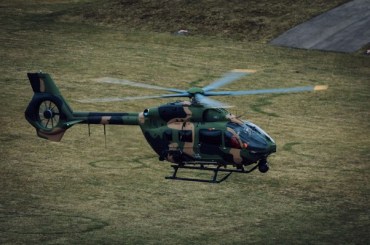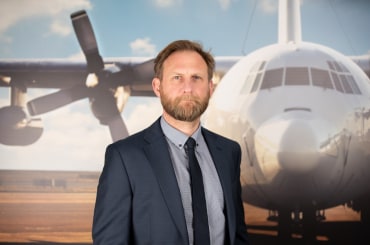Latest News
- Oman Air joins oneworld alliance as 15th member airline
- Delta expands Seattle hub with new European routes and premium lounges
- American Airlines expands winter routes with new ski and wine destinations
- KlasJet secures IATA membership after demonstrating global safety standards
- American Airlines becomes official airline partner of PGA of America




























































